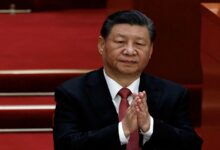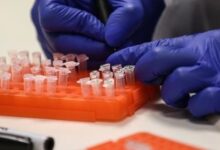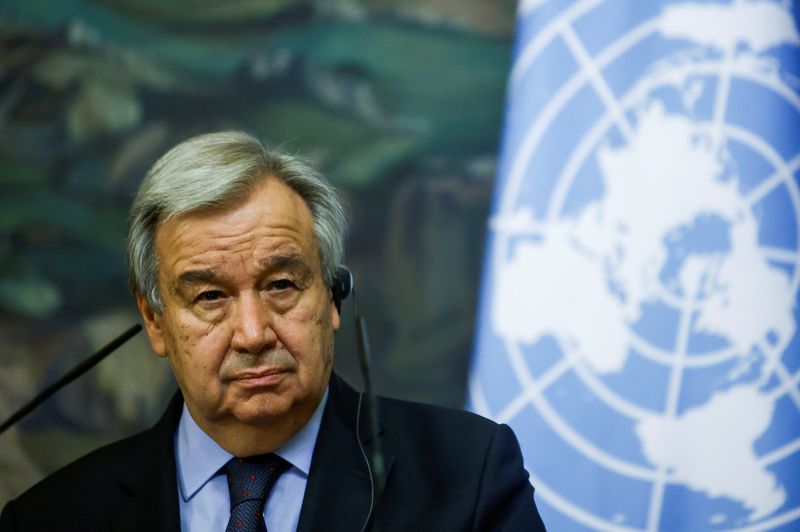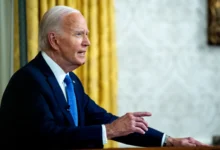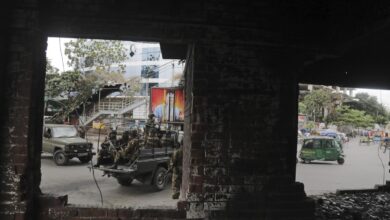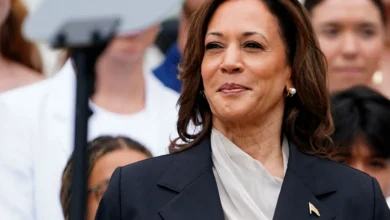
Aleksandr Lukashenko, the president of Belarus, is starting a three-day trip to Zimbabwe, his first to sub-Saharan Africa, in an effort to increase the presence of his nation there.
Following the signing of trade deals with Zimbabwe worth $350 million (£282 million), including the provision of agricultural machinery, the visit took place.
Emmerson Mnagagwa, the president of Zimbabwe, went to Minsk in 2019. The same year that his government recognized significant prospects in cooperation between Belarus and Zimbabwe, Mr. Lukashenko published on his official website.
Over the past seven years, there has been a growth in economic links with Zimbabwe.
According to Zimbabwe’s state-owned media, other agreements in the fields of energy, industry, transportation, and logistics are anticipated to be signed during this visit.
According to political analyst Alexander Rusero, who spoke to the BBC, the visit is important for Zimbabwe’s efforts to diversify its economic dependence and trade. He notes that both the administration of Mr. Lukashenko and the dominant Zanu PF party in Zimbabwe have earned the reputation of being autocratic.
Since Zimbabwe was subject to western economic sanctions for more than 20 years, Robert Mugabe, the country’s former leader, adopted a “look east” strategy that boosted trade relations with nations like China and Russia.
An offshoot of that are the ties with Belarus.
President Mnangagwa appointed businessman Alexander Zingman, a dual citizen of Belarus and the United States with broad interests in Africa, as Zimbabwe’s honorary consul in Belarus.
Many times, Mr. Zingman has refuted claims that he is an armaments dealer.
Following a meeting with former president Joseph Kabila in the Democratic Republic of the Congo in 2021, he was briefly detained there. He was let go without being charged.
Without putting out a call for bids, the Zimbabwean government controversially purchased fire trucks from Mr. Zingman for its local councils last year.

